Angiotensin-converting enzyme-2 (ACE2) has been recognized as the binding receptor for the severe acute respiratory syndrome coronavirus 2 (SARS-CoV-2) that infects host cells, causing the development of the new coronavirus infectious disease (COVID-19). To better understand the pathogenesis of COVID-19 and build up the host anti-viral immunity, Dr. Zhao and his team examined the levels of ACE2 expression on different types of immune cells including tissue macrophages. Flow cytometry demonstrated that there was little to no expression of ACE2 on most of the human peripheral blood-derived immune cells including CD4+ T, CD8+ T, activated CD4+ T, activated CD8+ T, CD4+CD25+CD127low/- regulatory T cells (Tregs), Th17 cells, NKT cells, B cells, NK cells, monocytes, dendritic cells (DCs), and granulocytes. Additionally, there was no ACE2 expression (< 1%) found on platelets. The ACE2 expression was markedly increased on the activated macrophages. Immunohistochemistry demonstrated that high expressions of ACE2 were colocalized with tissue macrophages, such as alveolar macrophages found within the lungs and Kupffer cells within livers of mice. Flow cytometry confirmed the very low level of ACE2 expression on human primary pulmonary alveolar epithelial cells. These data indicate that alveolar macrophages, as the frontline immune cells, may be directly targeted by the SARS-CoV-2 infection and therefore need to be considered for the prevention and treatment of COVID-19. For more information, please read the preprint publication at the journal BioRxiv.
